History was never one of my favorite subjects in high school. I dreaded analyzing primary sources and was unable to go through the readings without getting distracted at least a couple of times. As a rather pragmatic person, I saw this knowledge I was being forced to learn as incredibly distant and abstract.
Now that I am more aware of the dynamics of the world and I have the opportunity to take more in-depth courses, I’ve developed a newfound fascination for the subject.
History is a bridge that connects the past to the present. We cannot pretend to understand the current world order if we are clueless about what caused it.
Our modern issues have roots in other historical periods — decades or even centuries ago. If we are uneducated about the mistakes our ancestors made, we won’t be able to avoid them when mankind’s future is our hands.
Late 18th to early 19th century German philosopher Georg Wilhelm Friedrich Hegel perceived history as a process that has one predetermined destination: human freedom.
Every event witnessed on Earth — from the Roman Empire to the modernization of Asian countries — brings us one step closer to it, according to Hegel.
Furthermore, he believed events have to eventually repeat themselves, stuck in a never-ending cycle. Only by experiencing the same thing twice can we finally take it seriously.
To Hegel’s point, Karl Marx, the popular face of communism, added in his work “The Eighteenth Brumaire of Louis Bonaparte” that the first time, things happen “as tragedy, the second as farce.”
Unfortunately, we are surrounded by international news that corroborate this theory and demonstrate that a majority of the population, especially leaders, still chooses to ignore such a fundamental subject.
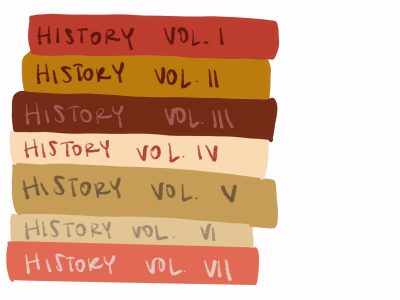
Throughout World War II, Poland’s situation was more unique and troubled in comparison to other occupied countries — it had two different enemies in its territory. The western half of the nation was controlled by Nazi Germany, whereas the eastern portion was in the hands of Joseph Stalin, the leader of the Soviet Union at the time.
Poland’s situation did not improve much post-WWII. The country became a de facto Soviet puppet state and was governed by a repressive communist regime.
In 2020, 30 years after Poland finally reclaimed its status as a sovereign state, the country is turning toward totalitarianism again.
President of the Republic of Poland Andrzej Duda’s reelection in July of last year confirms Poles are willing to be governed by a nationalist and populist whose conservatism hinders the survival of democracy in the country. The situation is serious enough for the European Union to get involved. In January, the EU showed continued concern about the Polish judiciary system, where impartiality and independence are being threatened.
The country’s current state of affairs is a true paradox: It is voluntarily accepting the same fate that it sought to avoid for decades.
Poland’s dying democracy is not an isolated incidence. It is globally acknowledged Hungary is no longer a democracy either.
If these types of occurrences are repeating themselves in front of our eyes, I believe the fault is entirely our own.
Though Hegel’s hypothesis can seem persuasive in some instances — the COVID-19 pandemic does indeed resemble the Spanish Flu in the late 1910s — we could certainly avoid the repetition of historical calamities if we paid more attention during history class.
A glance at the past would be sufficient to realize we already have all the answers we are looking for and all the tools to prevent the worst case scenarios from happening … again.
Nonetheless, it is not enough to simply memorize dates, names and bits of information while misinterpreting their importance. As one of my professors put it, learning the wrong lesson from history is even worse than learning nothing at all.
We have to learn to investigate all the evidence available to us, especially if it doesn’t align with our preconceived notions. In doing so, we must question everything and maintain a critical eye to improve our analytical skills.
If we succeed in mastering history and doing it in the right way, we will avoid reliving the tragedies of the past.
















































































































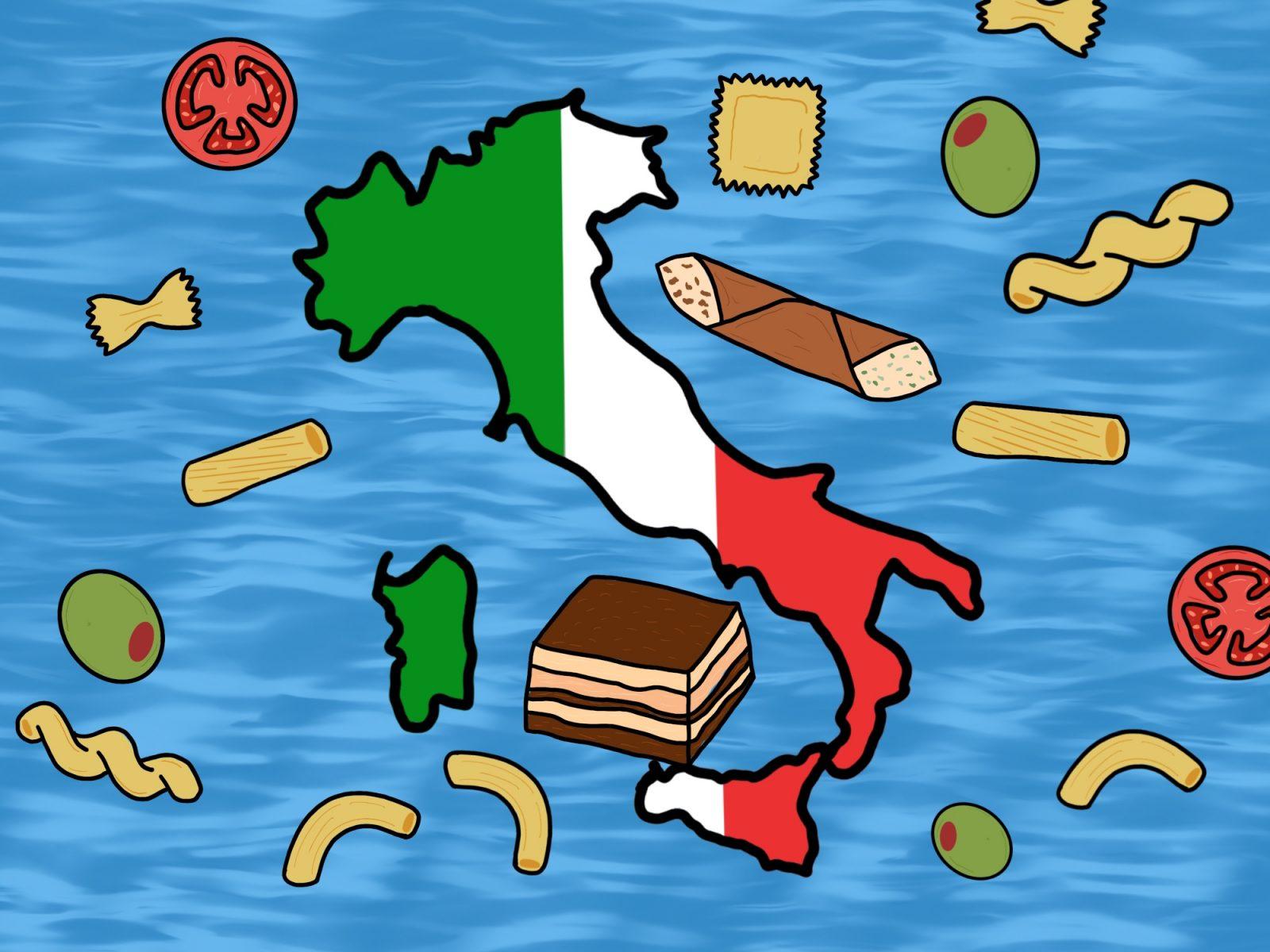
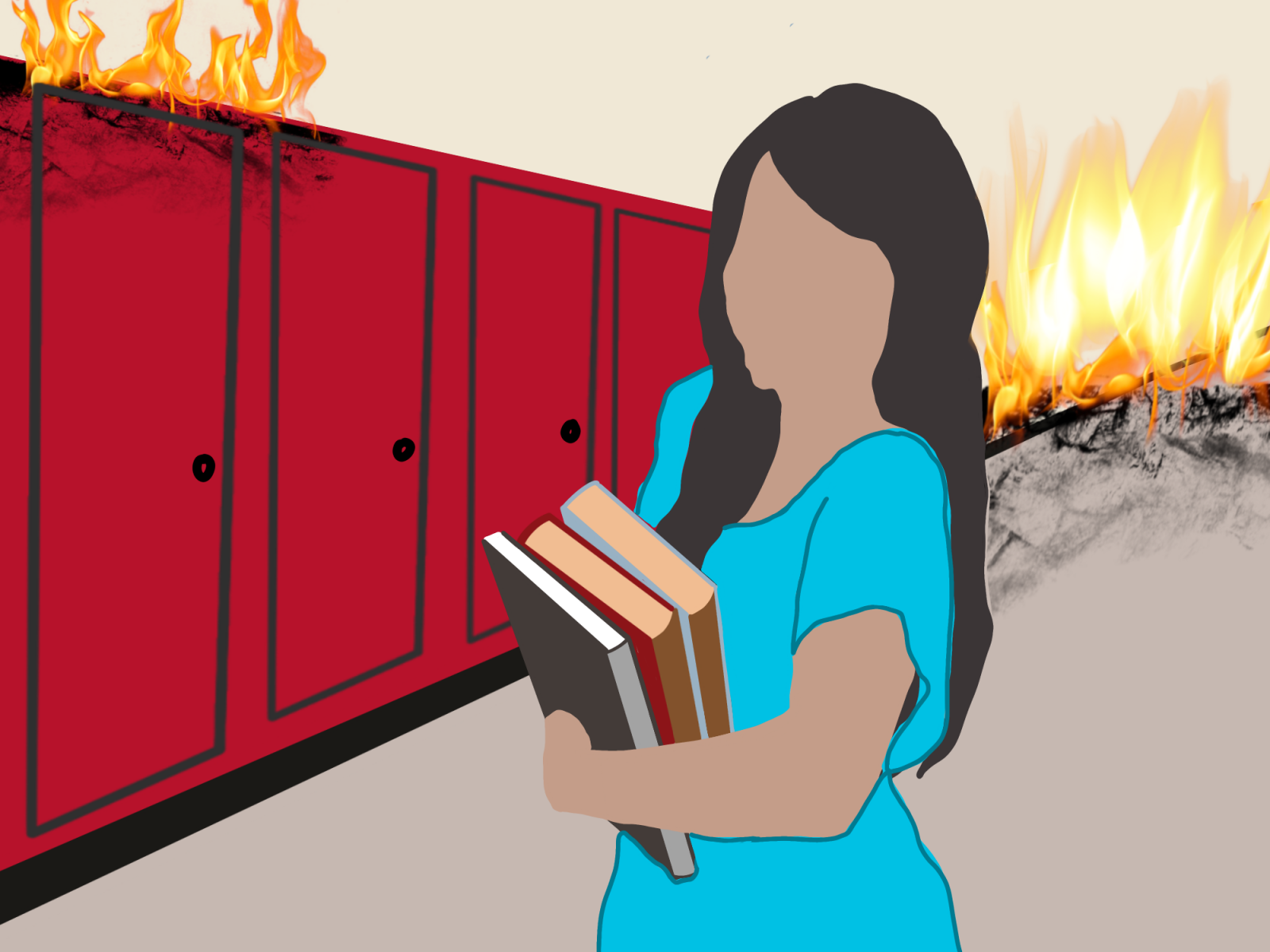
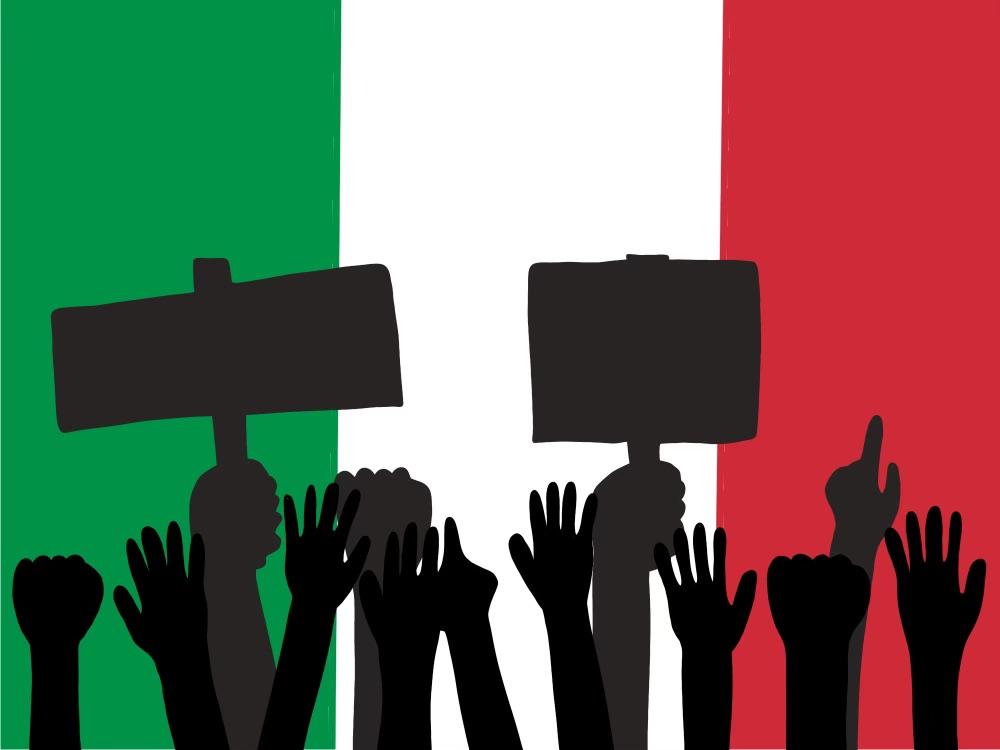
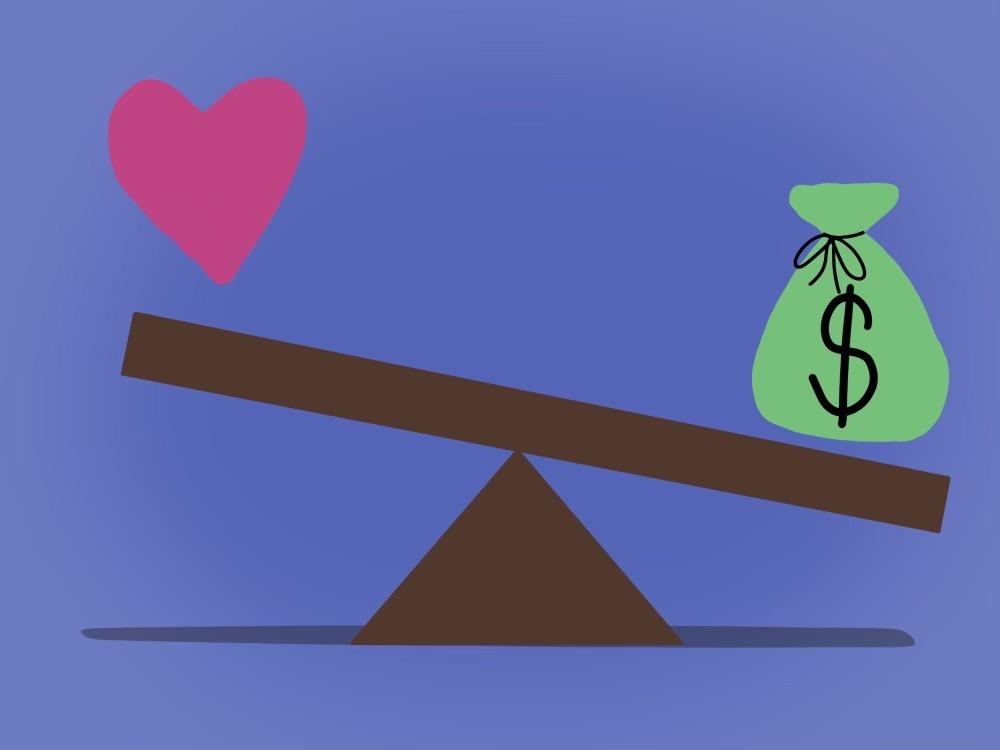





Pawel • Mar 22, 2021 at 3:23 pm
thank you for this article! we need help but our problems are temporarily invisible by covid. keep helping us … Pawel from Warsaw